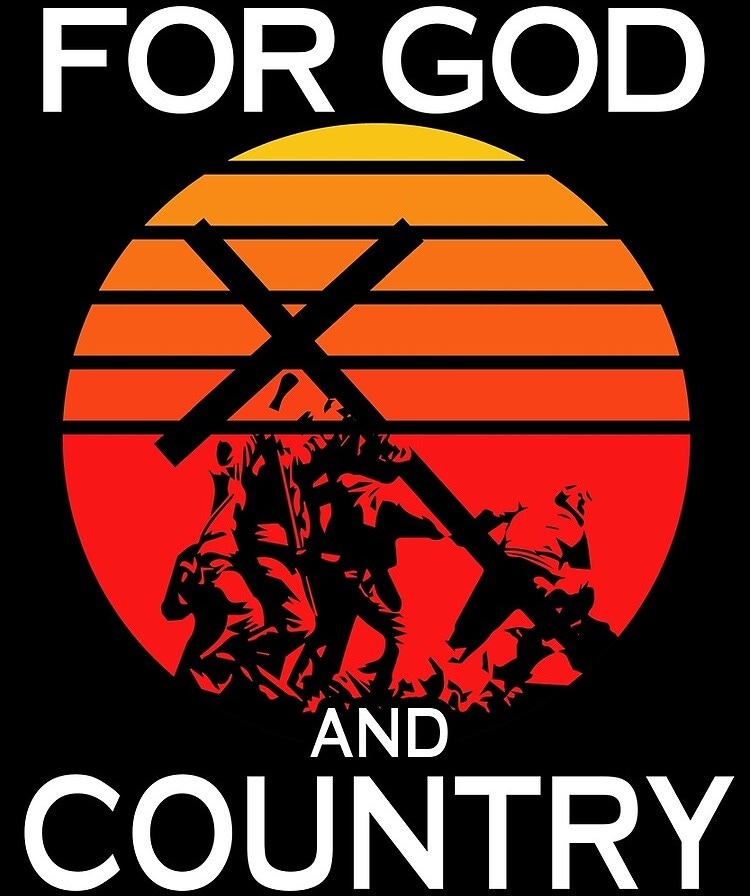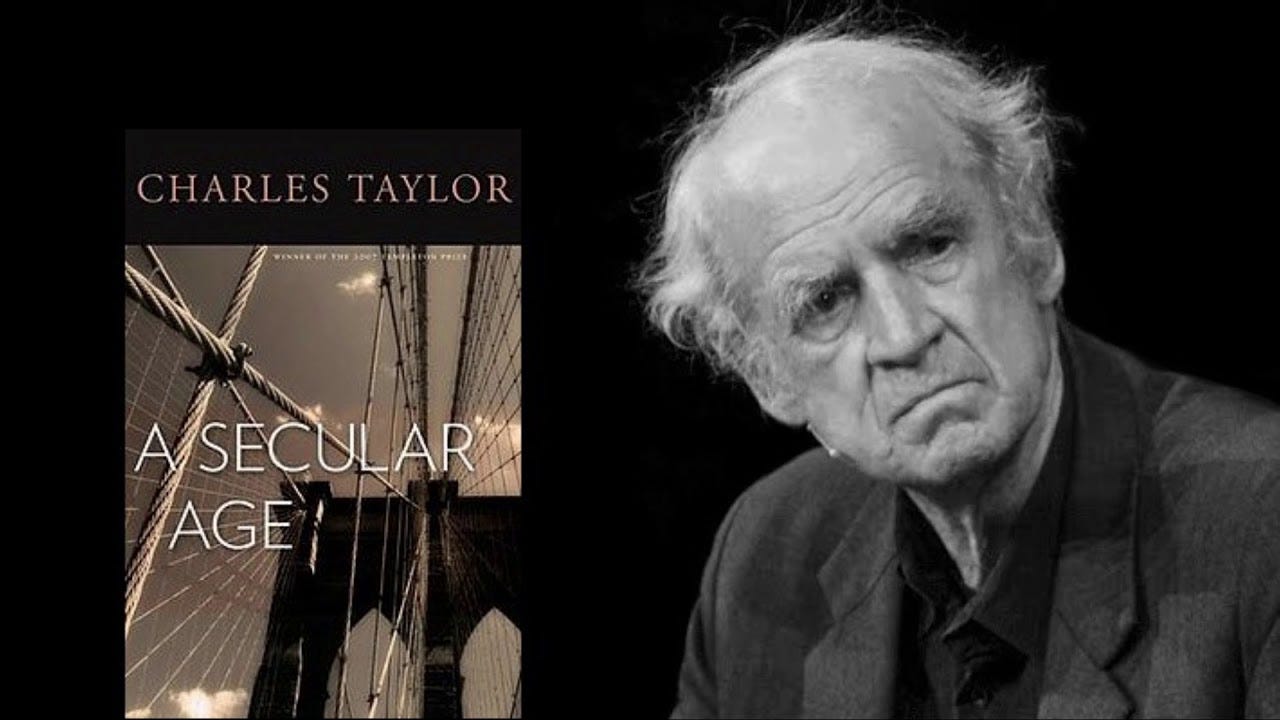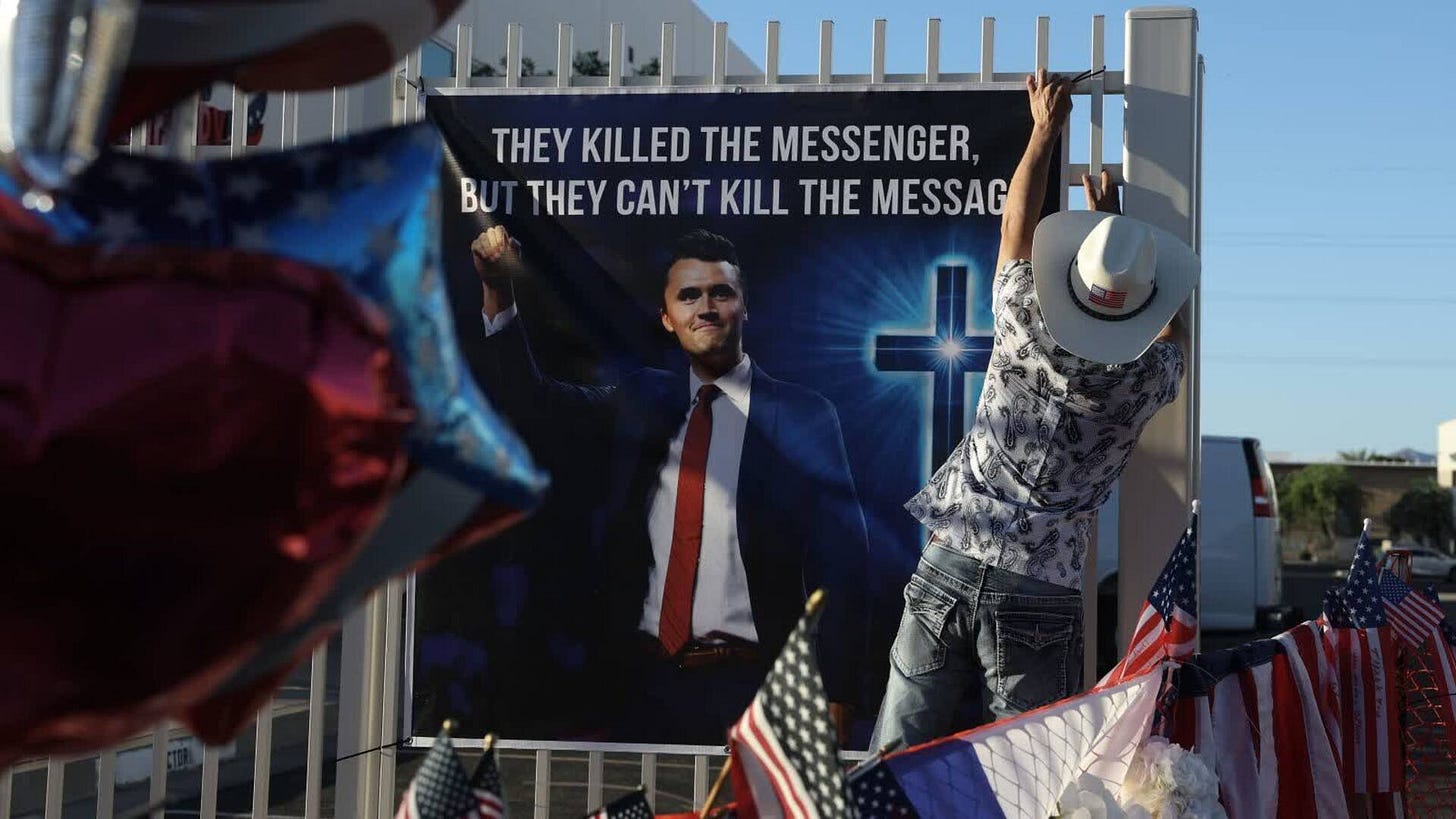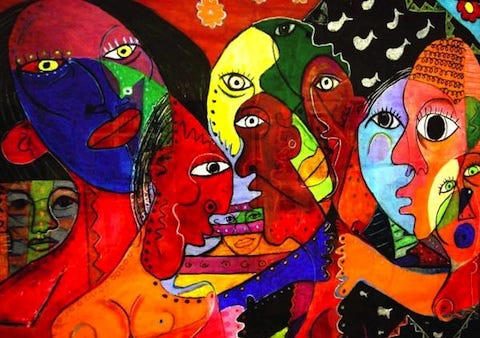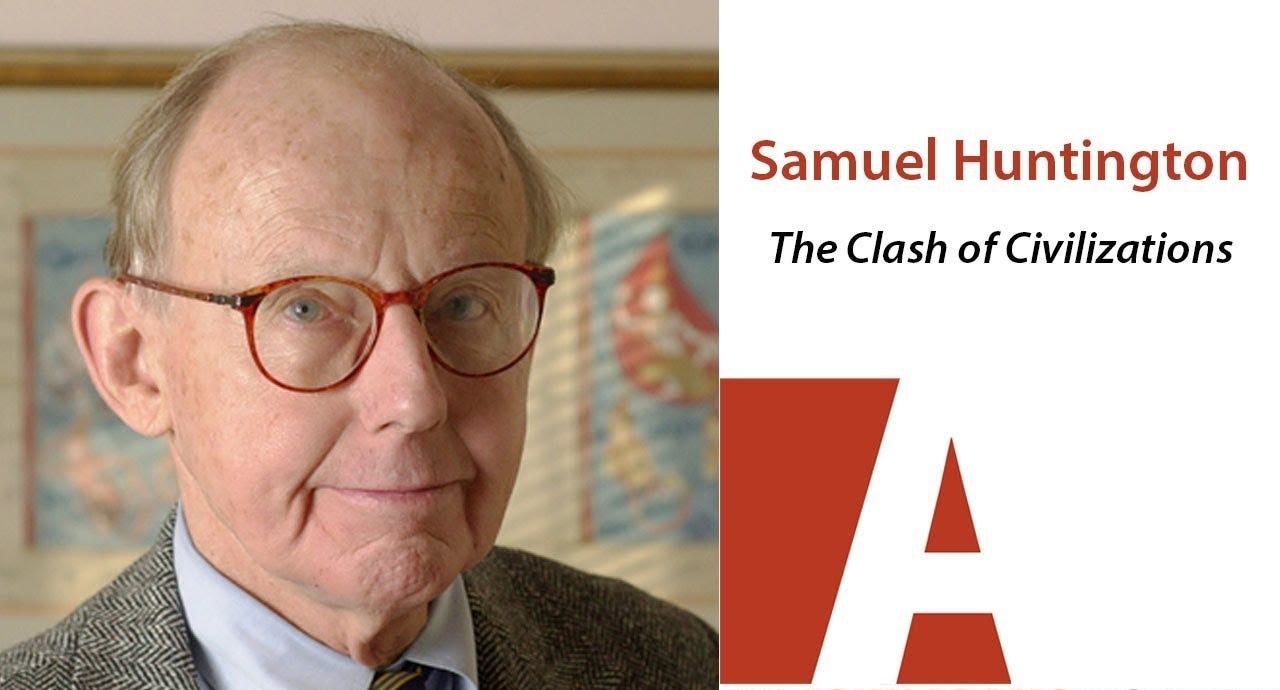Identity, Faith, and Patriotism: A New Western Trinity
Across several Western countries—from Britain and Australia to Poland and beyond—a new political trend is rising. Its hallmarks are familiar: an emphasis on Christianity as the cultural bedrock of the West, a revival of intense patriotism, and a deep suspicion of globalization and immigration.
Step by step, the West seems to be retreating from its late-20th century identity of secular cosmopolitanism and re-anchoring itself in older, historical markers—faith, nation, and civilization. But what exactly is happening here? And where might this turn lead Western societies?
The Return of the Sacred in Secular Politics
For much of the modern era, scholars and policymakers assumed that religion was retreating from the public sphere in the West. Secularization, they believed, meant the slow but inevitable fading of religious influence over politics, identity, and collective life. Yet the current resurgence of faith-infused politics in Western democracies challenges this assumption. Religion, long thought to be relegated to the private domain, is re-emerging as a powerful identity marker in public life.
In A Secular Age, Charles Taylor explains that earlier centuries in the West were characterized by the inescapability of God. Religious meaning infused daily life, and politics was embedded in sacred cosmologies. In contrast, the secular age created a new condition: individuals could live and participate in society without ever confronting God. Belief became a matter of choice rather than inevitability.
Taylor’s framework is crucial here: secularization does not equal the absence of religion. Instead, it creates a marketplace of meanings where religious, spiritual, and anti-religious options coexist. Within this pluralism, people still seek collective belonging and ultimate purpose—and these yearnings can translate into new religious or quasi-religious movements with political implications.
Taylor emphasizes that secular modernity destabilized older religious forms but also generated new ones. Spiritual pluralism makes it possible for collective movements to emerge, sometimes mobilized around religious or civilizational identity rather than doctrine. Crucially, when mobilization intersects with politics, it can produce large-scale movements that use religion not only as faith but as identity—and at times, as justification for exclusion, confrontation, or even violence.
The recent assassination of conservative activist Charlie Kirk in Utah stands as a stark example of how political identity and religious symbolism are becoming entangled with violence in Western democracies. Kirk, a prominent figure in the MAGA movement and Christian nationalist circles, was shot during a public event—a killing widely interpreted through the lenses of moral conflict and polarization. His death unleashed competing narratives: for many, he became a martyr; for others, a symbol of the dangers of identity politics unmoored from moderation. The divisive reactions—from vitriolic social media posts to public memorials invoking religious and patriotic rhetoric—demonstrate how faith and nationalist identity now serve not merely as cultural markers, but as catalysts in a moral struggle over what public life should stand for.
In practice, this has meant that religion’s return in Western politics is less about church pews filling up again and more about Christianity being mobilized as a cultural identity. Right-wing movements across Europe, North America, and Australia have rediscovered the symbolic power of Christianity as a marker of “Western civilization,” wielded against immigration, globalization, and multiculturalism.
For decades, Western secularism provided fertile ground for progressive agendas—expanding inclusivity, promoting globalized values, and advancing pro-immigration policies under the banner of cosmopolitanism. But this globalized liberal project has also triggered profound anxieties, fueling an identity crisis in many societies. Economic challenges from globalization, combined with cultural insecurity, have created fertile conditions for religious identity to be weaponized politically.
What is emerging now is not a return to traditional religion, but a new sacred politics: one where religion functions as a boundary marker of belonging, a rallying cry for patriotism, and a shield against the perceived chaos of globalization.
Conservatism as a Response to the Left’s Crisis
The current revival of conservatism in the West is not a nostalgic retreat into the past, but a re-anchoring of identity in history while navigating the dislocations of the present. It is less about restoring what once was, and more about reconnecting with cultural and religious traditions as a resource for meaning, belonging, and social cohesion in an age of rapid change.
For decades, left-leaning movements championed multiculturalism, global citizenship, and liberal cosmopolitanism. These ideas carried moral appeal and reflected the optimism of a world that imagined itself increasingly borderless. Yet for many in Western societies, this trajectory has produced an acute sense of dislocation. Citizens often feel that they are no longer who they once were; the imagined harmony of multiculturalism seems to have fractured into parallel lives rather than a shared culture.
In practice, cultures shaped by millennia of history, tradition, and identity have not merged into a single cohesive whole. Instead, the tension between different ways of life has left many feeling rootless, adrift in a pluralism that lacks common reference points. The identity crisis born of globalization is one of the strongest drivers of the conservative resurgence.
Against this backdrop, religion—particularly Christianity in the Western context—provides a deep reservoir of history, memory, and symbolic meaning. People may no longer practice religion with the same doctrinal fervor as in the past, but they increasingly draw on it as a cultural anchor. Faith becomes less about theology and more about belonging, solidarity, and the reaffirmation of a collective identity.
This explains why religion is resurfacing not primarily as church attendance or doctrinal revival, but as a political and cultural identity marker. It offers communities a way to reconnect with an essence of self that globalization seemed to erode.
In this context, conservatism emphasizes boundaries: the nuclear family as the foundational unit of society, the preservation of traditional moral codes, and the rejection of cultural and demographic changes perceived as destabilizing. Anti-immigration and xenophobic sentiments often emerge as by-products of this defensive posture. They represent not just economic anxieties but deeper fears of cultural loss.
What is striking is that the new conservatism does not always demand religious orthodoxy—it does not require belief in every dogma. Instead, it insists that religion, history, and shared tradition form the bedrock of social unity. This symbolic function of religion allows conservatism to act as a shield against what is perceived as the chaos of globalization, multiculturalism, and progressive cultural shifts.
Cultural and Civilizational Clashes
One of the clearest outcomes of the new trinity—identity, faith, and patriotism—is how it reshapes the West’s relationship with the wider world, often through conflict and confrontation.
Samuel Huntington, in his influential work The Clash of Civilizations (1996), predicted that global conflicts in the post–Cold War world would be driven less by ideology and more by cultural and civilizational divisions. The West, in his view, would find itself in recurring friction with other cultural blocs: the Muslim world, China, Russia, and beyond. His thesis was a direct response to his former student Francis Fukuyama’s The End of History, which had optimistically argued that liberal capitalist democracy was destined to dominate globally.
Today, Huntington’s forecast looks prescient. The rise of religious identity in Western politics does not merely reflect domestic cultural anxiety; it also fuels an international posture of cultural competition. Religion offers not only a unifying narrative for domestic politics but also the moral and symbolic “weaponry” to frame rival civilizations as existential threats. This makes dialogue harder, compromise rarer, and confrontation more likely.
In this sense, the West’s retreat into cultural self-definition and religious nationalism does not just reshape its internal politics—it risks locking the world into cycles of civilizational conflict, where clashes are framed as battles of ultimate meaning rather than negotiable disputes of interest.
What This Means for MENA
The Middle East and North Africa has long been shaped by Western political, cultural, and ideological influence. As religion and identity once again surge to the forefront of Western politics, this trend inevitably reverberates across the region—where struggles over legitimacy and authority are already deeply infused with religious meaning. In MENA, Sunnis and Shi‘a Muslims, alongside Jewish communities, have historically cast political conflicts in religious terms. The West’s own turn toward right-wing, faith-driven nationalism risks intensifying these dynamics, framing local struggles as extensions of a broader civilizational and religious contest.
This shift has profound consequences. Religious minorities without state protection—such as Christians, Yazidis, and Mandaeans—are likely to face heightened vulnerability. History shows that their survival often depends on aligning with stronger powers, as the Druze have done in Israel and Syria. As global politics takes on a sharper religious hue, these minorities risk being further marginalized or erased altogether unless they find powerful patrons.
At the same time, the rise of religious conservatism in the West undermines hopes for democratic transformation in the region. Western powers increasingly prioritize stability and strategic alignment over political reform or liberal values. Authoritarian regimes in MENA, already reluctant to open political space, will find even less reason to accommodate calls for democratization or human rights when external pressure diminishes. This is not only a setback for political activists and reformers but also a reinforcement of authoritarianism under the cover of cultural and civilizational solidarity.
In this way, the Western turn toward identity, faith, and patriotism does not remain confined to domestic politics. It shapes global alignments, reshapes priorities, and sends ripple effects into MENA. Instead of supporting democratic reform or pluralism, it strengthens sectarian divides, emboldens authoritarian regimes, and leaves the most vulnerable—especially minority communities—without meaningful protection. What appears as a cultural and political realignment in the West thus deepens the crises of legitimacy, representation, and human rights in the Middle East.


